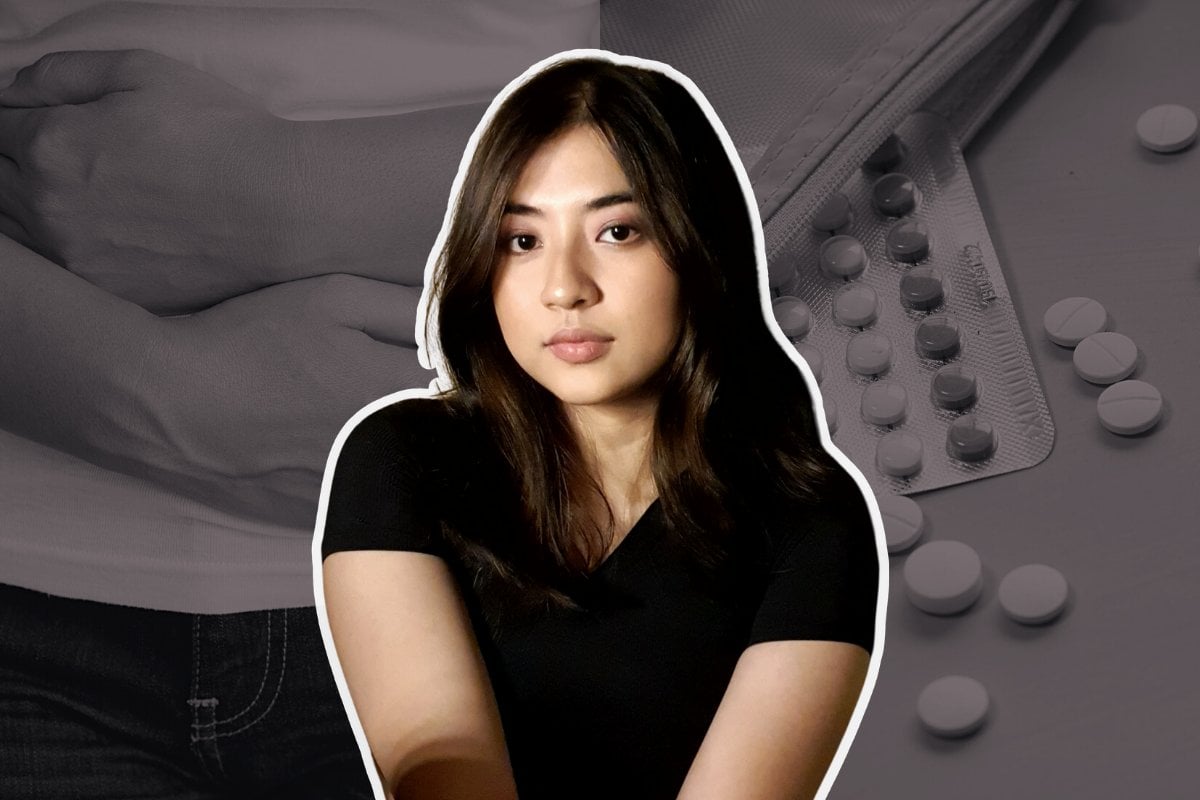
Hi, my name is Diane. I’m 24 years old and it’s been three years since I was diagnosed with Polycystic Ovarian Syndrome (PCOS).
PCOS is the most common endocrine disorder in women of reproductive age.
Most women with this disorder develop cysts on their ovaries, while some may not.
Watch: If your period was a person. Post continues after video.
Women with PCOS can experience a number of symptoms, including irregular menstrual periods, excess hair, acne, pelvic pain, and difficulty getting pregnant.
Three years on from my diagnosis, this is what I want you to know about life with PCOS.
My life before PCOS.
Back in high school, I was well known for being strong and independent. I was the kind of person who would never ask for help, as I thought of it as a sign of weakness.
At the time, I didn’t even know how to talk about my thoughts and feelings. I just tried to keep it all to myself. And to be completely honest, I wasn’t even that educated on the importance of mental and emotional health back then. My feelings were just categorised into two words: happy or sad.
After I later got my first period in my teenage years, my cycle became irregular. But as I wasn't used to opening up, I didn’t tell my mum about what was happening.

